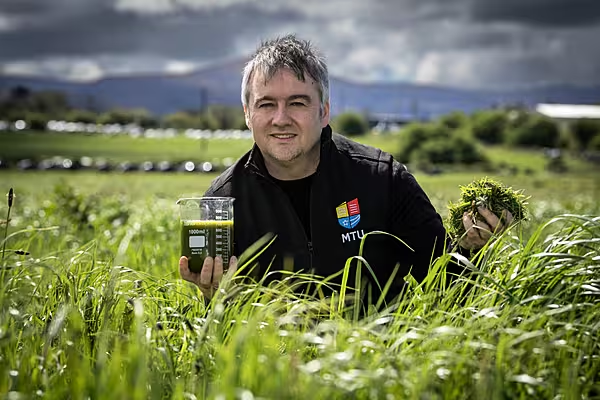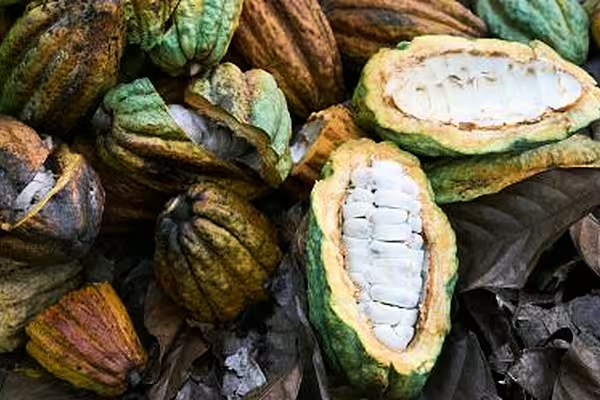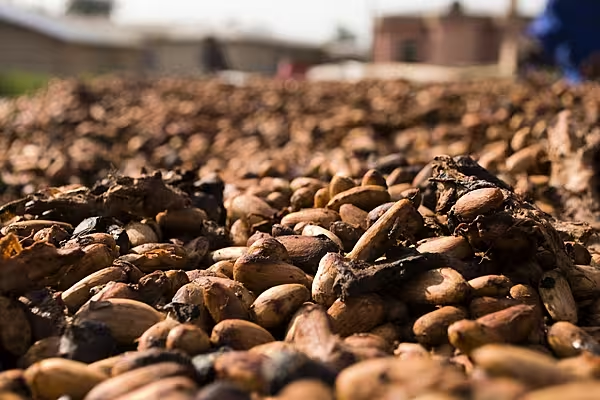Munster Technological University (MTU) will lead a new, first-of-its-kind decentralised green biorefinery demonstration initiative, worth €8.7 million.
The project, titled Rural BioReFarmeries, will be funded under the Circular Bio-based Europe Joint Undertaking (CBE JU).
It will advance the development of farm-centred bioeconomy approaches through the deployment of green biorefineries across grassland regions in Europe.
Two primary green biorefinery and anaerobic digestion demonstration sites – in Ireland and Denmark – will optimise the conversion of grasses and other materials from local farms into value-added products, such as bio-based food packaging, flavours, fertiliser and energy.
This will be carried out in collaboration with research and industrial sites in the Netherlands, Ireland, Denmark and Poland.
‘A Major Strategic Opportunity’
Speaking about the project, the co-director of CircBio MTU, James Gaffey, said, “Grassland valorisation and emerging grass-based value chains represent a major strategic opportunity for the EU bioeconomy.
“By improving the efficiency and circularity of our vast European grasslands, we can produce not only forage, but also food, high-value materials, and energy.
“Green biorefineries are a key enabling technology which can help rural grassland farmers to address challenges such as income diversification, accessing sustainable inputs for their farms, displacing unsustainable products, and contributing to our climate and sustainability targets.
“Rural BioReFarmeries builds on the latest research of various EU countries to optimise green biorefineries by overcoming existing limitations and implementing these business models on the ground with farmers, cooperatives, and other industries across multiple sectors.”
Collaborators
Enda Buckley, director of sustainability at Carbery Group, said, “We are delighted to be part of this initiative through our flagship project, Farm Zero C, which is creating a model for climate-neutral dairy farming.
“Both initiatives are seeking to create sustainable futures for Irish and European farmers, using scientific advances.
“A key focus of the Rural BioReFarmeries project is providing farmers with a circular bioeconomy business model that also helps to address many of the sustainability challenges which they face.
“In this sense, the project addresses many issues, such as feedstock sustainability, sustainable protein alternatives, displacement of fossil-based products, and circular use of process residues.”
The initiative will test a decentralised approach.
Morten Ambye-Jensen, head of the CBIO Centre at Aarhus University, said, “To catch the environmental benefits and potential of new green biorefineries, we need to make it a commercial success and implement it at scale.”
Kevin O’Connor, director at the BiOrbic Centre at University College Dublin, added, “Farms and farmers are central to the bioeconomy.
“Biorefining on farms will be a critical part of the circular bioeconomy operational systems, where both food and non-food products will be produced.”
O’Connor concluded, “Rural BioReFarmeries is the cooperation of researchers and stakeholders in the value chain to help bring this vision closer to reality.”
Rural BioReFarmeries will bring together 19 partners from eight countries.
Read More: DHL Supply Chain Invests €80m In Biomethane-Fuelled Trucks, Joins Forces With Tesco









